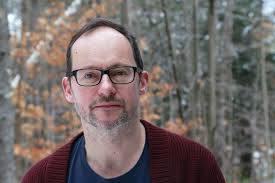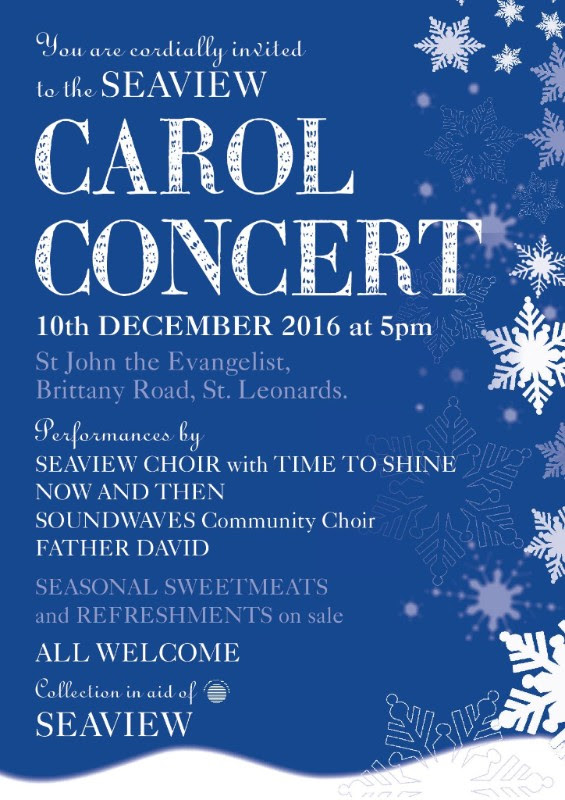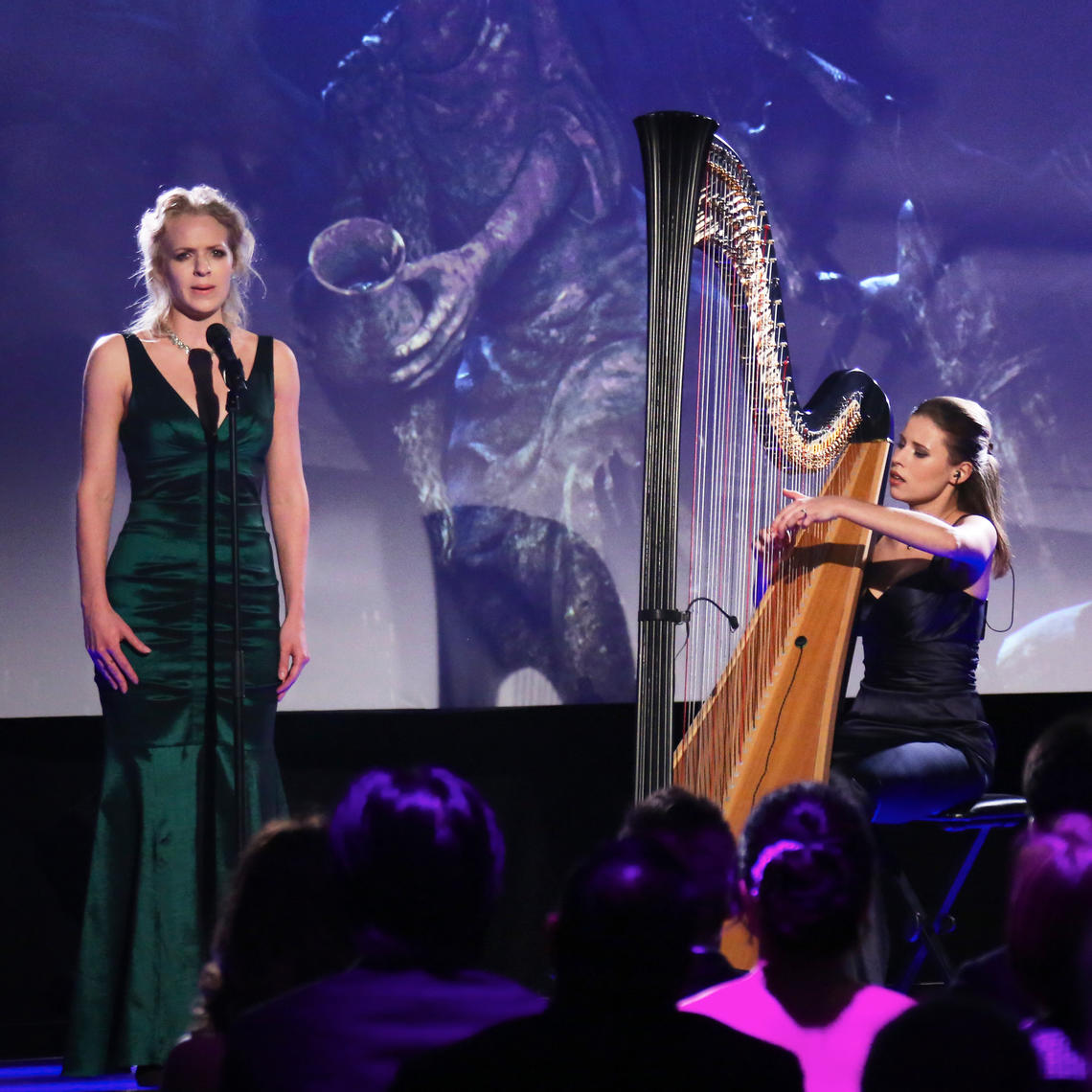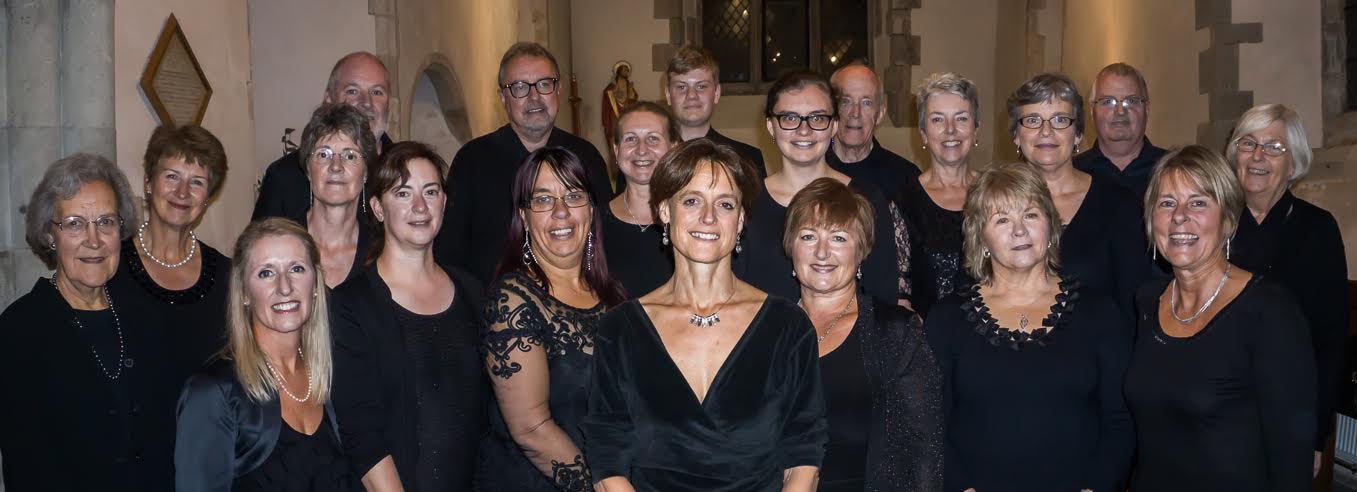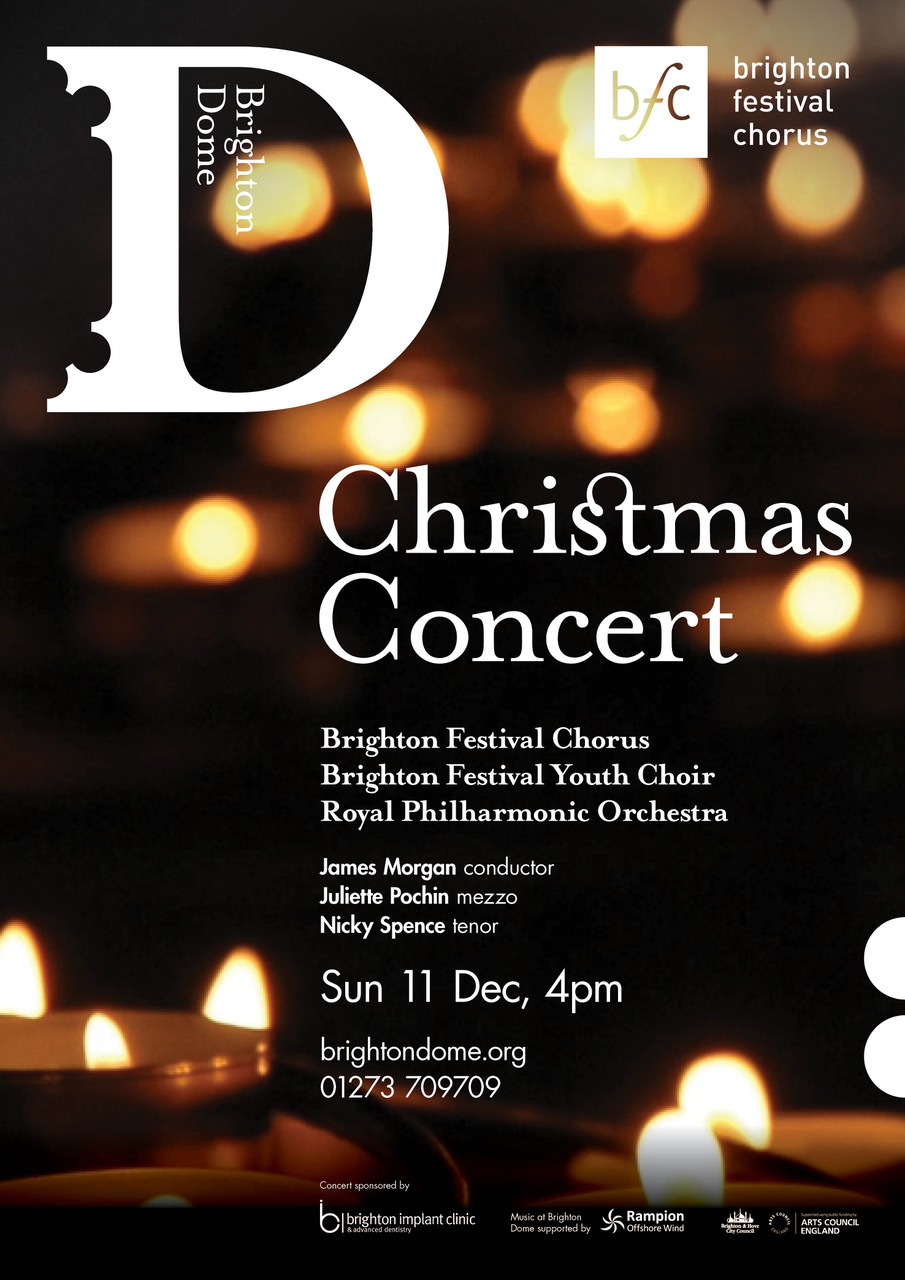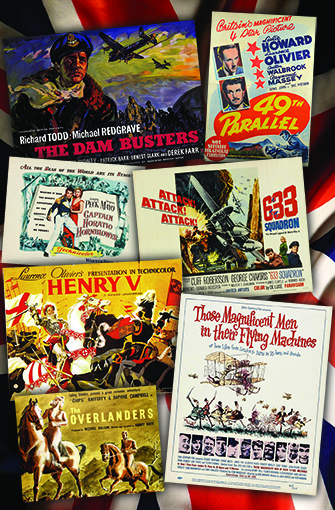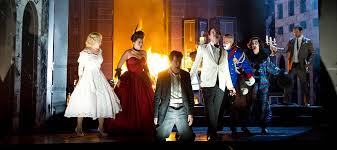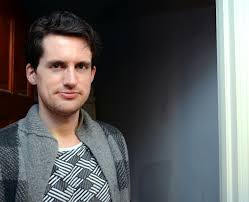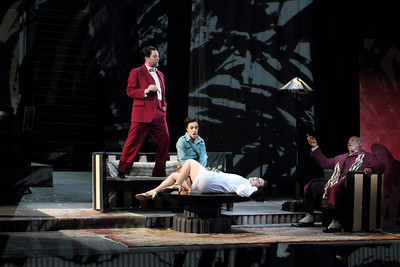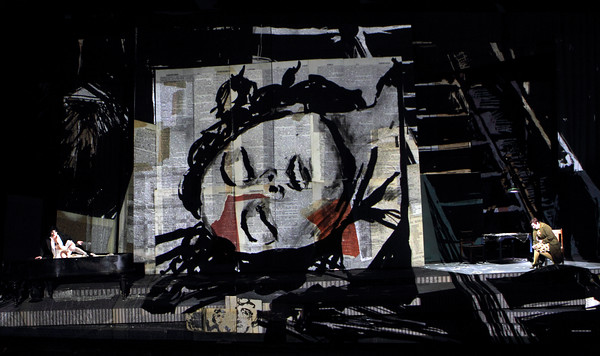A WELLS CHRISTMAS
Wells Cathedral Choir, Matthew Owens (director), Jonathan Vaughn (organ)
RESONUS RES10176 61’54
Resonus continues to welcome well established performers to record for the label. Here Wells Cathedral Choir under the direction of Matthew Owens presents a programme of music that is often familiar but nevertheless fresh and lively. Many traditional English carols are sung in arrangements by the likes of John Rutter, Vaughan Williams, Malcolm Sargent and David Willcocks. There are also two world premiere recordings of Bob Chilcott’s work and one by Matthew Owens himself. Two organ solos are also included. The CD ends with several more secular items, a decision that will divide opinion, I am sure.
TO BETHLEHEM – Carols & Motets for Christmas
Kantorei of Kansas City, Chris Munce (director)
RESONUS RES10175 61’29
This CD combines unusual renaissance repertoire with contemporary works in a beautiful programme for unaccompanied choir. There are some arrangements of familiar material included in the newer works but mostly this is a journey of adventure and surprise.
THE CHORAL MUSIC OF COLIN MAWBY
Choir of Liverpool Metropolitan Cathedral
Christopher McElroy (director), Richard Lea & James Luxton (organists)
PRIORY PRCD1163
Colin Mawby’s contribution to liturgical music, particularly in the Catholic Church, has been immense. In his 80th year this CD showcases a wide range of his work, presented by one of the country’s leading Catholic Cathedral choirs. This is an excellent presentation and an enjoyable CD in its own right.
THE COMPLETE ORGAN WORKS OF THOMAS TERTIUS NOBLE VOL 3
John Scott Whiteley, Organ of York Minster
PRIORY PRCD 1152
This short series concludes with another CD of excellent performances by John Scott Whiteley on the organ he knows so well. The programme begins with the longest item,Theme with variations in D flat. It also features a number of voluntaries based on hymn tunes, shorter pieces and the Solemn March in E flat minor.
SIGFRID KARG-ELERT – THE COMPLETE ORGAN WORKS VOL 13
Stefan Engels, Steinmeyer organ of Michaeliskirche, Hamburg, Germany
PRIORY PRCD 1134 71’18
This longer series reaches Vol 13. It features lesser known works – Three Pastels Op 92, Music for Organ Op 145 and the Passacaglia & Fugue on B-A-C-H Op 150.
SIR CHARLES VILLIERS STANFORD – THE COMPLETE ORGAN WORKS VOL 4
Daniel Cook, Organ of Westminster Abbey
PRIORY PRCD 1161 74’07
Daniel Cook continues his excellent survey of Stanford’s organ music on the organ he plays regularly at Westminster. Items included in this instalment include Symphony No 5 in A, Four Intermezzi and the extended Prelude & Fugue in E minor and Installation March (1908). Highly enjoyable.
JOHANN MICHAEL HAYDN – SERENADE IN D
Virtuosi Saxoniae, Ludwig Guttler (director)
CAPRICCIO ENCORE C8003
The liner notes give some background to the specific circumstances that this music was written for. Originally to be performed outside and in honour of a specific person the Serenade was often intended for one-off use. Sometimes, however, a new work would be created for repeated use from some of the original material. An interesting and enjoyable release.
SP
Glass; Einstein on the Beach
Lucinda Childs Dance Company, Chatelet Theatre, Paris, Michael Riesman
OPUS ARTE OA 1178D
The real challenge here is to simply let yourself relax into the dynamics of the performance. Not only is the score minimalist but so is a large amount of the stage movement. This becomes both hypnotic and absorbing as the work progresses on it slow but inevitable path. There is also a very real sense of humour in the staging which often comes unexpectedly to light. Musically it is spot on and the company is as fine vocally as it is choreographically.
Arrigo Boito: Mefistofele
Bayerisches Staatsoper, Omer Meir Wellber
UNITEL CMajor 73908
Roland Schwab sets his production in a corrupt wasteland. If heaven exists it is very much off stage, but as Rene Pape’s Mefistofele is the key to the whole work this makes a lot of sense. Boito is far better known today for his work as Verdi’s librettist, but this is a fine work, poised between Verdi himself and the developments that were to come with Puccini. He is happy to borrow ideas where they work – as with the voluptuous Verdian choruses – but the bridge passages are often very well structured and the dialogue terse and effective. Joseph Calleja may not be much of an actor but his heroic Faust is convincing. As a whole the recordings is a valuable addition.
Telemann: Advent Cantatas
Gudrun Sidone Otto
CPO 777 955-2
There is a surprising amount of variety in these cantatas for the Sundays leading up to Christmas. Soprano Gudrun Sidone Otto and baritone Ingolf Seidl shape the material with a keen sense of the dramatic and are not averse to the occasional humorous touch. The continuo ensemble brings an improvisatory touch which makes the whole a pleasure to listen to.
Mauro Giuliani; Music for Two Guitars
Jeffrey McFadden, Michael Kolk, guitars
NAXOS 8.572445
There are some CDs which give instant delight and this is certainly one of them. Mauro Giuliani was ‘perhaps the greatest guitarist who has ever lived’ and was a friend of Rossini, whose works he arranged for two guitars. We hear a number of these, including four overtures and some more domestic pieces. They are, without exception, perfect miniatures. The arrangements of the overtures, even when one knows the originals well, are entirely convincing. If you want to impress somebody this Christmas, this CD has to be an obvious choice.
BH

